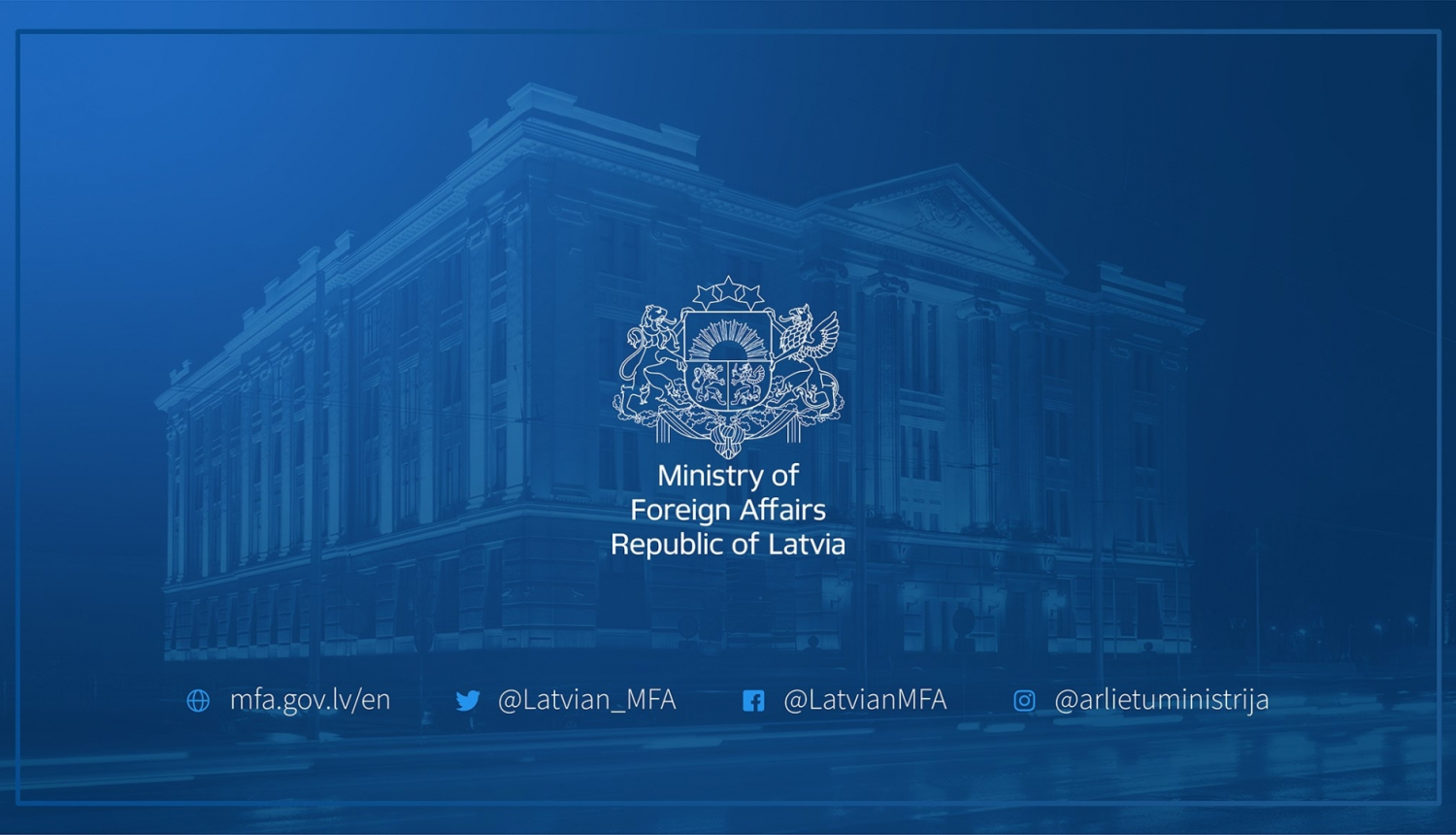On 2 November 2023, the High Representative of the European Union for Foreign Affairs and Security Policy, Josep Borrell, issued a statement on behalf of Member States concerning the intent of the Russian Federation to revoke its ratification of the Comprehensive Nuclear-Test-Ban Treaty (CTBT).
The European Union, including Latvia, deplores this decision made by Russia. Latvia underlines that such a measure constitutes a setback for the current international non-proliferation architecture and undermines the ongoing disarmament efforts. The European Union calls on Russia to continue to respect the purpose and the objective of the Treaty – not to perform nuclear testing.
Statement by the High Representative on behalf of the European Union on the revocation of the ratification to the Nuclear-Test-Ban Treaty
Today, Russia has signed into national law the revocation of its ratification of the Comprehensive Nuclear-Test-Ban Treaty (CTBT). This takes place in the context of its illegal war of aggression against Ukraine and after months of irresponsible nuclear rhetoric and threats, some specifically pointing at a resumption of nuclear tests.
The European Union deeply deplores this decision by Russia.
All EU Member States have ratified the CTBT and have been working towards its strengthening and entry into force for many years. The Treaty is an instrument of crucial importance to nuclear disarmament and non-proliferation. It has established a powerful norm against nuclear testing that is respected worldwide. It is crucial for international peace and security that all States fully observe the moratorium on nuclear weapon test explosions or any other nuclear explosion, and refrain from any action contrary to the object and purpose of the Treaty.
The Comprehensive Nuclear-Test-Ban Treaty Organisation (CTBTO) operates a unique global monitoring system that can detect a nuclear test explosion anytime and anywhere, providing the international community with credible, reliable and independent means to ensure that the norm against nuclear testing is respected.
Eight new countries have ratified the CTBT since the 2021 Article XIV Conference, making significant progress towards the Treaty’s universalization. Despite having been ratified by 178 States, the CTBT has not entered into force because of the absence of ratification by eight countries out of an original list of 44 in its Annex 2. As part of this list, Russia’s unjustifiable intent to revoke its ratification of the Treaty constitutes a serious setback in Russia’s commitment towards the international security architecture that undermines the ongoing non-proliferation and disarmament efforts.
The European Union calls on Russia to continue to respect the purpose and the objective of the Treaty.
As a State Party to the Treaty on the Non-Proliferation of Nuclear Weapons (NPT), Russia has undertaken to work towards the early entry into force of the CTBT. In the context of Article XIV Conferences, Russia committed itself to promoting the Treaty at the highest political level and through all available bilateral and multilateral channels. This latest measure is a severe step back on these undertakings, which is made all the worse by Russia’s status as a Permanent Member of the United Nations Security Council.
The European Union furthermore continues to call on all States that have not yet done so, in particular those listed in Annex 2, to sign and ratify the CTBT without preconditions or further delay.
The European Union remains fully committed to promoting the entry into force and universalisation of the CTBT, and to pursuing its objectives for a world free of nuclear testing.




